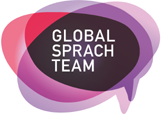How did you get into project management?
For my year abroad during my degree, I decided to spend my time in Germany working as I was already planning on moving there in the future and knew that I wanted to work in translation somehow. I found an internship at a marketing translation agency in Berlin. It was a small team so I was involved in project management very early on. After finishing my degree at the University of Nottingham in the UK, I returned to the same company in Berlin…
What are the essential qualities a good project manager brings to the job?
People skills (being able to liaise and build up a rapport with clients and translators alike), understanding the translator’s job, speaking more than one language, being able to work under pressure when needed, being able to plan and manage time in order to avoid pressure where possible!
What aspects of the job do you like best?
The satisfaction when clients are happy and quality translations are delivered, helping our clients reach out to their English-speaking audiences, using our expertise to help our clients communicate, making a good translation excellent.
What aspects are more difficult/challenging?
Project managers, translators, proofreaders, clients—we’re all human and mistakes do happen. And when they do, project managers are responsible for putting things right. This is sometimes quite stressful!
You’ve worked as a project manager for five years, three of them at GST. What are the biggest changes you’ve seen?
The transition from Excel tables for projects and invoices to a dedicated project management system has been a pretty monumental change. GST were preparing to implement Plunet just as I was starting there and it really has made our job easier in terms of being able to monitor and keep an overview of projects. CAT tools like Trados, and machine translation engines are all speeding up the translation process itself, which leave more time and resources for quality management with tools like Xbench.
What development do you envision for project managers in the translation industry in future?
I imagine that the more intelligent dedicated software gets, the less time a project manager will actually have to spend entering the individual details of a project. They’ll just be monitoring the automatic workflows of the system and managing contact with clients and translators. So technology/IT and quality control skills are becoming more and more significant every day and if a PM wants to thrive, they need to make sure they are on top in these areas.




